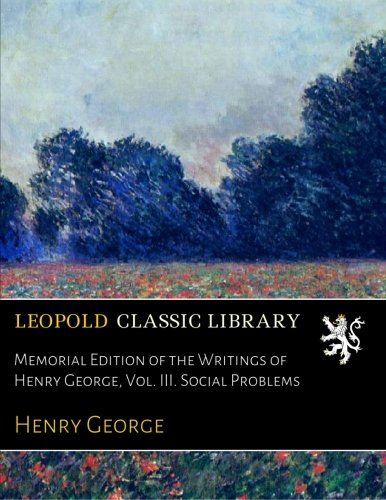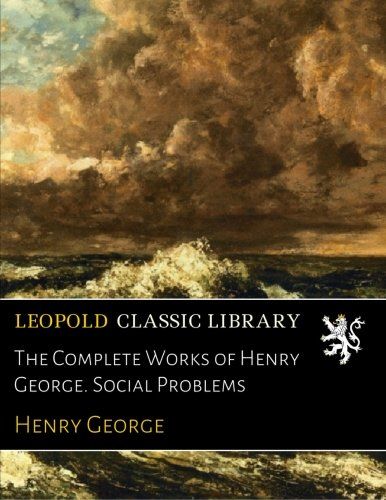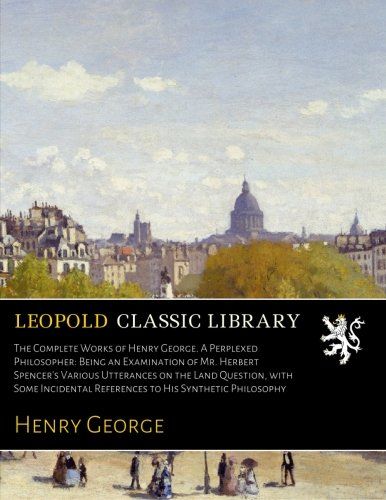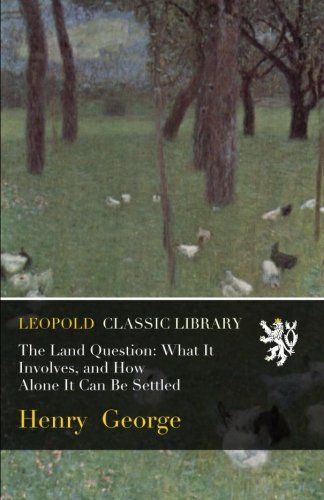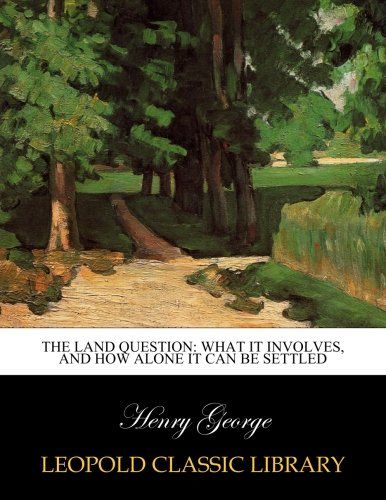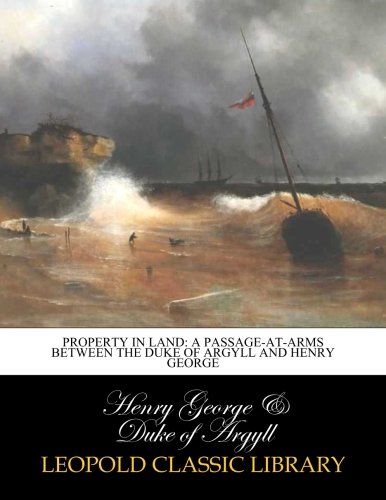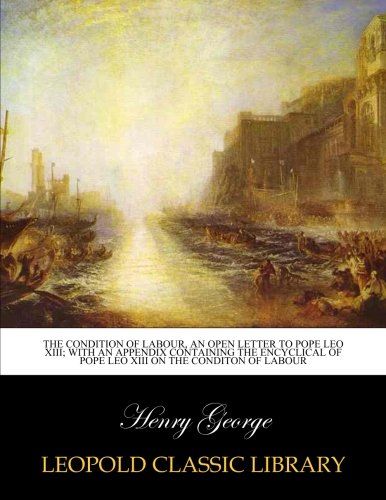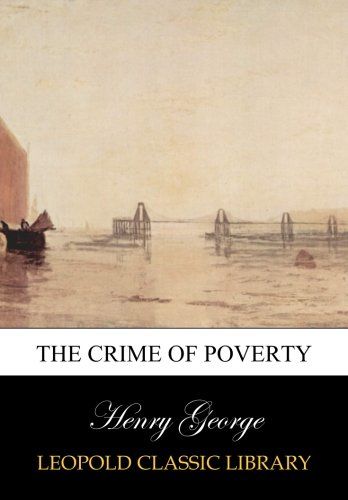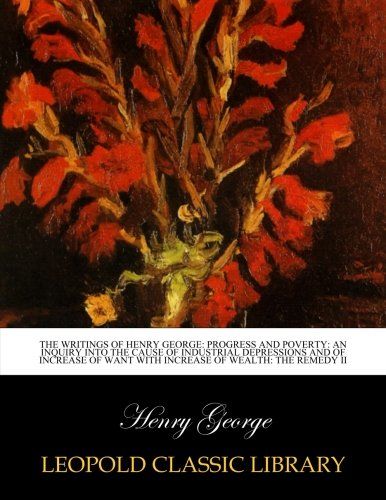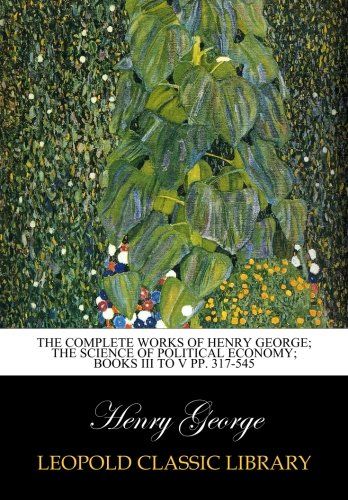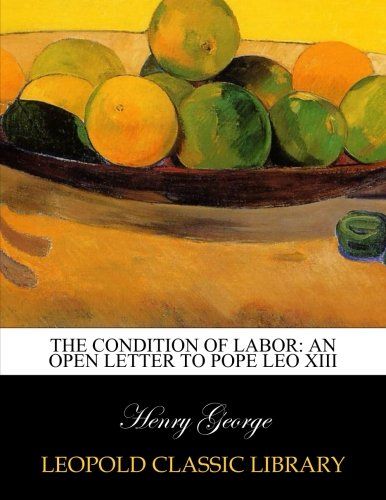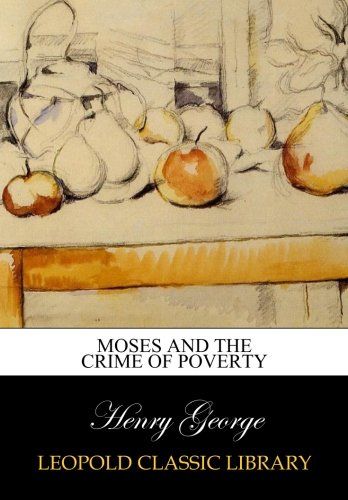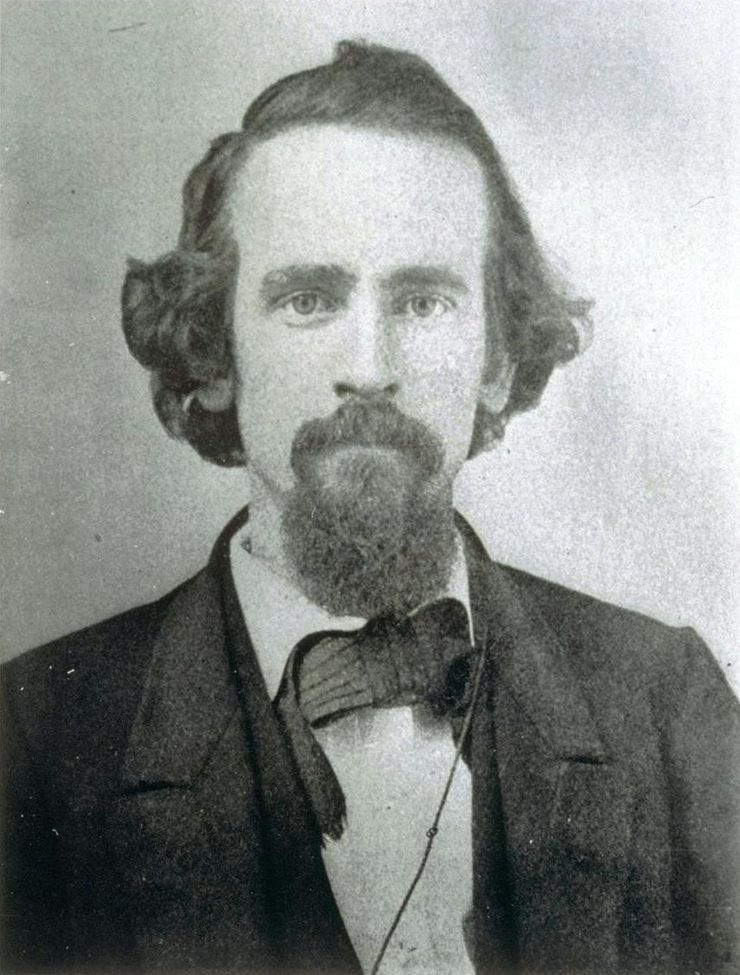
Henry George
Henry George (September 2, 1839 – October 29, 1897) was an American political economist, journalist, and philosopher. George is famous for popularizing the idea that land/resource rents be captured for public use or shared, in lieu of harmful taxes on labor and productive investment. The philosophy and reform movement were known in George's time as 'Single-Tax'. His immensely popular writing is credited with sparking several reform movements of the Progressive Era and ultimately inspiring the broad economic philosophy that is today often referred to as Georgism, the main tenet of which is that people legitimately own value they fairly create, but that natural resources and common opportunities, most importantly the value of land or location, are rightfully owned in common by individuals in a community, rather than titleholders. His most famous work, Progress and Poverty (1879), sold millions of copies worldwide, probably more than any other American book before that time. The treatise investigates the paradox of increasing inequality and poverty amid economic and technological progress, the cyclic nature of industrialized economies, and the use of extensive land value tax as a remedy for these and other social problems.
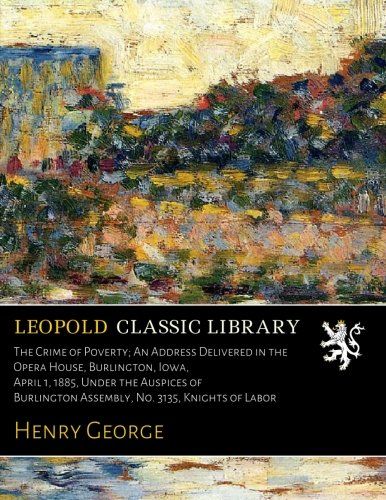
![A Perplexed Philosopher: Being an Examination of Mr. Herbert Spencer's Various Utterances on the Land Question, with Some Incidental Reference to His Synthetic Philosophy. [New York-1898]](/assets/book/184179/586fdb29e35c4/book_cover_b01mz73d7y_o.jpg)
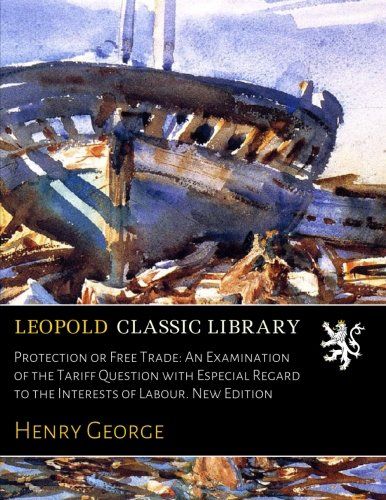
![Our Land and Land Policy: Speeches, Lectures, and Miscellaneous Writings. [New York-1901]](/assets/book/178363/581c632b7441e/book_cover_b01mg9gznt_o.jpg)


